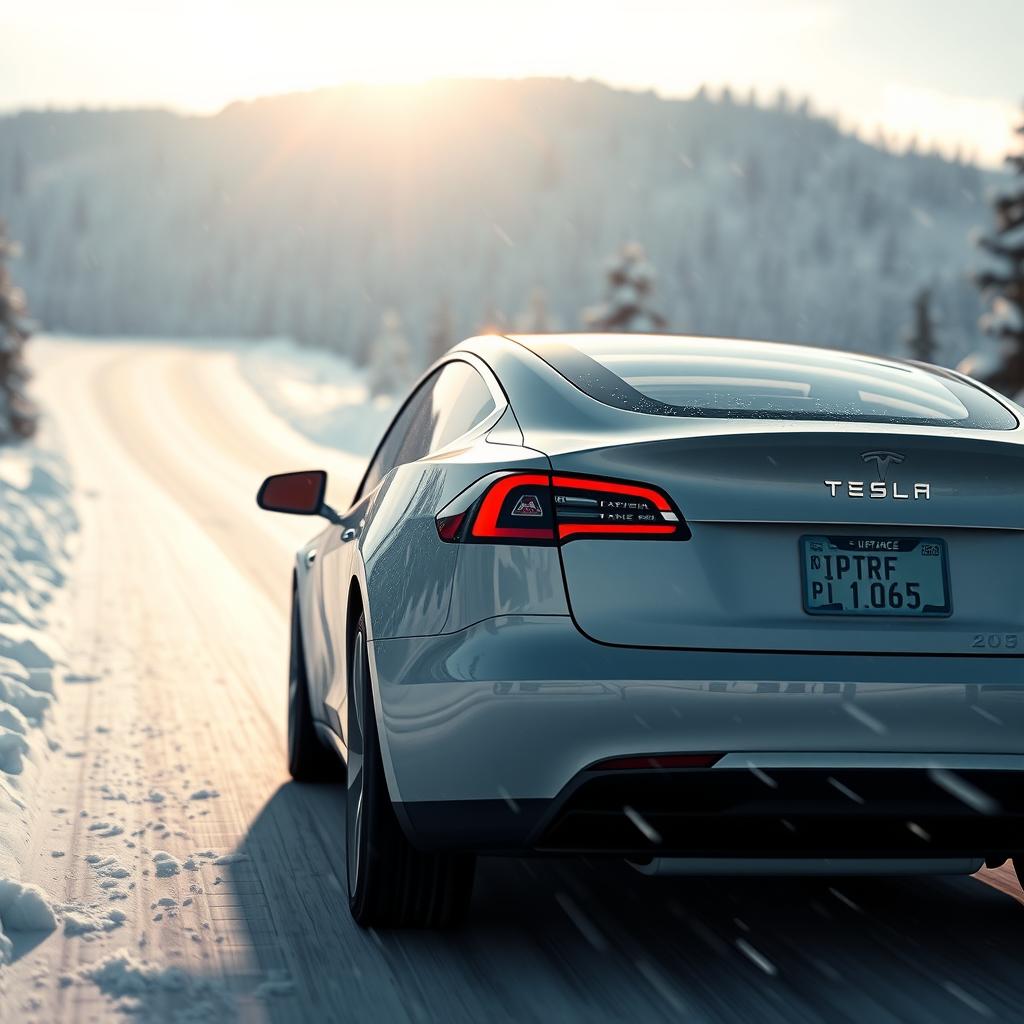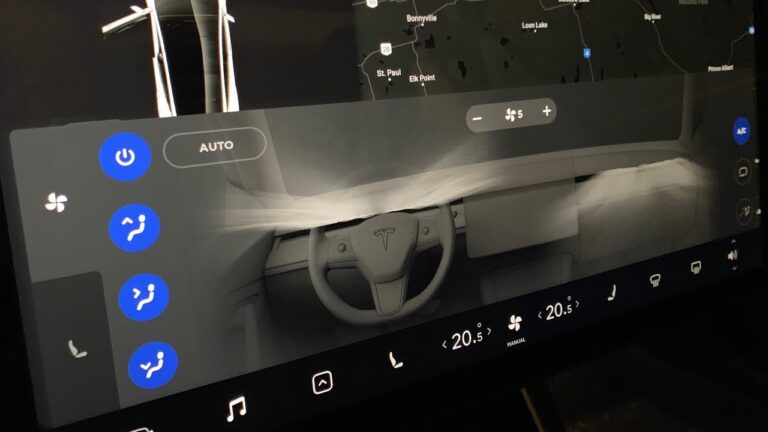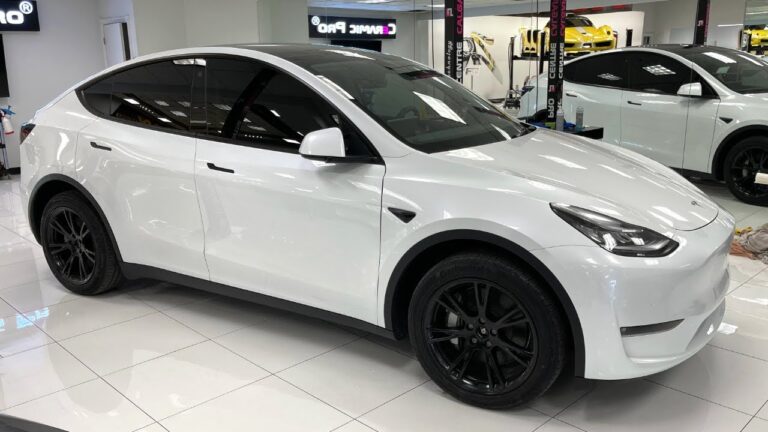Are Tesla Car Batteries Safe?
Are Tesla car batteries safe? That’s the big question everyone’s asking.
There’s a lot of buzz about electric vehicles (EVs), and Tesla leads the pack. But when it comes to battery safety, people have concerns. Are these high-tech lithium-ion batteries safe for everyday use? What happens in extreme weather? What about accidents?
Let’s break it down.
How Safe Are Tesla Car Batteries?
First, Tesla car batteries use lithium-ion technology, the same type found in smartphones and laptops. But these batteries are much bigger, much more advanced, and packed with safety features.
Here’s what makes Tesla batteries safe:
- Battery management system (BMS) – Tesla’s software monitors and controls temperature, voltage, and charge levels to prevent overheating.
- Cooling system – Liquid cooling keeps the battery at an optimal temperature.
- Fireproof casing – The battery pack is sealed with fire-resistant materials.
- Crash protection – Tesla places batteries in a reinforced structure, reducing impact damage.
All of this works together to prevent fires, explosions, and system failures. But does that mean there are zero risks? Not quite.
Can Tesla Batteries Catch Fire?
Let’s get real. No battery-powered system is 100% fireproof. Tesla batteries can catch fire, but it’s rare. According to data, Tesla vehicles have fewer fires per mile compared to gas-powered cars.
Still, fires can happen in extreme cases. Here’s why:
- Thermal runaway – A chain reaction where one cell overheats and spreads to others.
- Severe crashes – If the battery is punctured or crushed, it can ignite.
- Manufacturing defects – Rare, but a faulty cell could cause issues.
But Tesla has countermeasures. If overheating occurs, the cooling system kicks in. If a crash happens, the battery is designed to isolate the damaged cells. This reduces the chance of an uncontrolled fire.
What Happens If a Tesla Battery Gets Wet?
Worried about rain, floods, or car washes? Tesla batteries are sealed and waterproof. Normal exposure to rain and puddles won’t cause damage.
But deep water is a different story.
Driving through a flood? That’s risky. While Teslas have been seen “floating” through high water, submersion can lead to short circuits.
What to do if your Tesla gets flooded:
- Don’t try to restart the car.
- Disconnect the power (if possible).
- Call Tesla support or roadside assistance.
Water damage might not cause an immediate fire, but it can lead to long-term battery degradation.
Do Tesla Batteries Degrade Over Time?
Like any battery, Tesla’s lithium-ion cells degrade over time. But Tesla batteries are built to last.
On average, Tesla batteries lose about 10% of capacity over 150,000 miles.
What affects battery life?
- Frequent fast charging – Supercharging is convenient but puts stress on the cells.
- Extreme temperatures – Heat speeds up battery wear.
- Full charge cycles – Charging to 100% and discharging to 0% too often can shorten lifespan.
How to extend Tesla battery life:
- Keep charge levels between 20% and 80% for daily use.
- Avoid fast charging unless necessary.
- Park in shaded areas to prevent overheating.
How Tesla Handles Battery Safety Recalls
Tesla constantly improves its battery technology through over-the-air software updates. If a potential issue is detected, Tesla can push an update to fix it.
In the rare case of a serious battery defect, Tesla issues recalls. For example, in 2021, Tesla recalled certain Model S and Model X vehicles due to a faulty battery component.
What should you do if your Tesla is recalled?
- Check your VIN on Tesla’s recall page.
- Schedule a service appointment.
- Follow Tesla’s recommendations.
Most recalls are preventive, and Tesla’s proactive approach helps minimize risk.
Are Tesla Batteries Safe in Cold Weather?
Cold weather affects all EV batteries, including Tesla’s.
What happens in freezing temperatures?
- Battery efficiency drops.
- Charging slows down.
- Range decreases.
But Tesla has solutions:
- Battery preconditioning – Warms up the battery before charging.
- Heat pump technology – Improves winter performance.
- Regenerative braking adjustments – Adapts braking to icy conditions.
While cold weather reduces efficiency, Tesla vehicles are designed to handle it better than most EVs.
Should You Worry About Tesla Battery Explosions?
Battery explosions make headlines, but they’re incredibly rare. The risk of a Tesla battery explosion is lower than the risk of a gas car catching fire.
What usually causes EV battery explosions?
- Severe impact damage.
- Uncontrolled overheating.
- Improper modifications or repairs.
If you take care of your Tesla and follow recommended safety guidelines, you have almost nothing to worry about.
FAQs
Can a Tesla battery electrocute you?
No, Tesla batteries are well-insulated and protected. But if the battery is damaged, avoid contact and call Tesla support.
Is it safe to charge a Tesla overnight?
Yes, Tesla chargers have built-in safety systems to prevent overcharging.
What happens if a Tesla battery dies completely?
The car will stop running, but it won’t suddenly shut off. You’ll get warnings before the battery reaches 0%.
That wraps up the first half. Ready for the next 1000 words?

How Long Do Tesla Batteries Last?
One of the biggest concerns people have—how long do Tesla batteries actually last?
On average, a Tesla battery pack lasts 300,000 to 500,000 miles. That’s about 20 years of driving for most people.
Want to maximize battery lifespan? Here’s how:
- Avoid deep discharges—keep battery levels above 20%.
- Don’t charge to 100% daily—80% is ideal for daily use.
- Use Tesla’s trip planner to optimize charging.
- Minimize fast charging unless needed.
- Park in moderate temperatures to reduce heat exposure.
Tesla also offers battery replacement options. If your battery degrades significantly, you can get a replacement, though most drivers won’t need one for at least a decade.
Are Tesla Batteries Safe During a Crash?
Tesla vehicles are among the safest cars on the road.
The battery pack is designed with multiple layers of protection:
- A reinforced metal casing.
- Crash-absorbing structures.
- Automatic power shutoff in case of a severe accident.
If a Tesla gets into a crash, the battery is designed to isolate damaged cells and prevent fires. This makes them even safer than traditional gasoline cars, where fuel leaks can lead to explosions.
What About Tesla Battery Recycling?
Battery waste is a concern. What happens when a Tesla battery reaches the end of its life?
Tesla is ahead of the game. They recycle old batteries, recovering materials like lithium, cobalt, and nickel.
Here’s how Tesla handles battery disposal:
- Used batteries are sent to recycling partners.
- Critical materials are extracted and reused.
- Tesla’s goal is zero-waste battery production.
Unlike traditional cars that rely on fossil fuels, Tesla batteries offer a more sustainable long-term solution.
Is Tesla’s Battery Warranty Good?
Yes. Tesla offers one of the best battery warranties in the EV industry.
Here’s what you get:
- Model S & Model X: 8 years or 150,000 miles.
- Model 3 & Model Y: 8 years or 100,000–120,000 miles.
- At least 70% battery capacity retention guaranteed.
If your battery capacity drops below 70% during the warranty period, Tesla will replace or repair it for free.
Are Tesla Batteries More Dangerous Than Gasoline Cars?
Let’s compare Tesla batteries to gas-powered cars.
Here’s the truth:
- Gas cars have 1,500+ fires per day in the U.S.
- Tesla fires are 10 times less common per mile driven.
- Gas leaks and explosions are far more dangerous than EV battery malfunctions.
The risk is simply lower in a Tesla.
However, if an EV battery does catch fire, it burns hotter and longer than a gas fire. Fire departments have specific protocols for putting out EV fires, including using massive amounts of water to cool the battery.
Does Tesla Have Battery Safety Certifications?
Yes, Tesla batteries meet strict global safety standards. They undergo extensive testing before hitting the market.
Tesla batteries comply with:
- UL 2580: Battery safety for electric vehicles.
- ISO 26262: Functional safety for automotive electronics.
- FMVSS 305: Federal Motor Vehicle Safety Standard for EV batteries.
These certifications ensure Tesla batteries meet the highest safety benchmarks.
Are There Any Tesla Battery Recalls?
Tesla has issued recalls in the past, but most were software-based fixes rather than physical defects.
Some notable battery-related recalls:
- 2021: Model S & X recall due to battery connection issues.
- 2022: Software update to prevent battery overheating during Supercharging.
The good news? Most Tesla recalls are fixed through over-the-air software updates—no need to visit a service center.
Are Tesla Batteries Safe in Hot Weather?
High temperatures can degrade batteries, but Tesla has a built-in solution.
How Tesla handles extreme heat:
- Liquid cooling: Regulates battery temperature.
- Heat shields: Protect the battery from extreme temperatures.
- Thermal management system: Automatically adjusts battery cooling.
If you live in a hot climate, avoid leaving your Tesla parked in direct sunlight for long periods to reduce heat stress.
Final Verdict: Are Tesla Car Batteries Safe?
Yes. Tesla batteries are among the safest on the market. With built-in cooling systems, smart software, and structural reinforcements, Tesla has minimized risks.
Still, no technology is completely risk-free. Battery fires can happen, but the chances are lower than in gas-powered vehicles.
Here’s what makes Tesla batteries safe:
- Advanced Battery Management System (BMS).
- Crash-resistant design.
- Temperature regulation with liquid cooling.
- Over-the-air updates for safety improvements.
Overall, if you’re considering a Tesla, battery safety shouldn’t be a dealbreaker. It’s one of the safest EVs you can drive.
FAQs
Can Tesla batteries explode?
It’s extremely rare. Tesla batteries have multiple layers of protection to prevent explosions.
What happens if a Tesla battery gets too hot?
The cooling system kicks in automatically to regulate temperature.
Can you overcharge a Tesla battery?
No, Tesla batteries have smart charging limits to prevent overcharging.
How do you dispose of a Tesla battery?
Tesla recycles old batteries, recovering materials for reuse.
At the end of the day, Tesla batteries are built for safety, efficiency, and long-term reliability. If you’re thinking about making the switch to an electric car, Tesla’s battery technology is one of the best in the industry.




